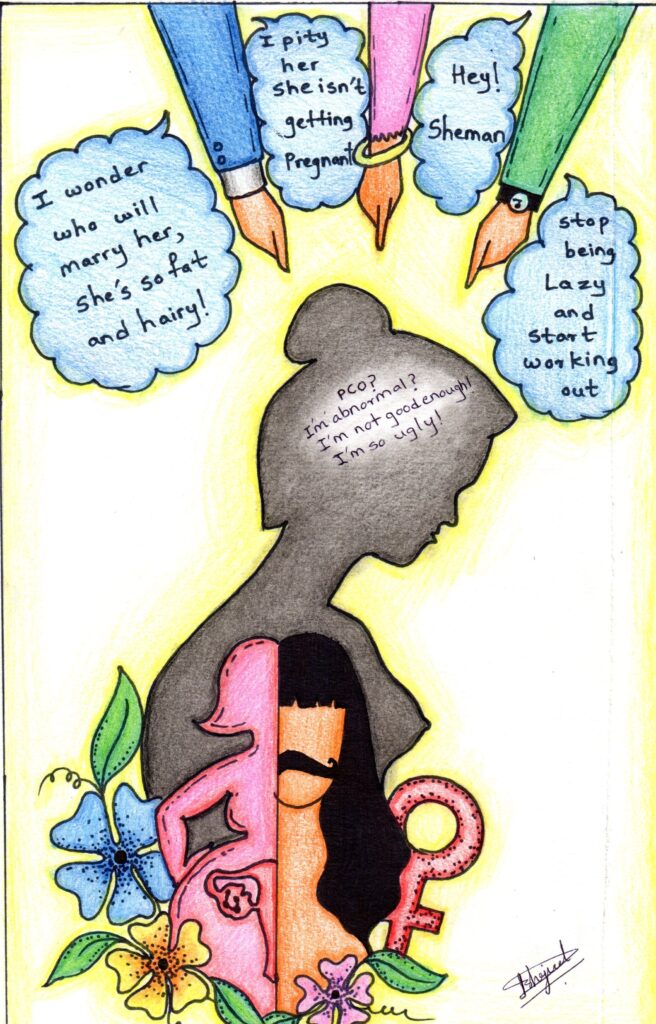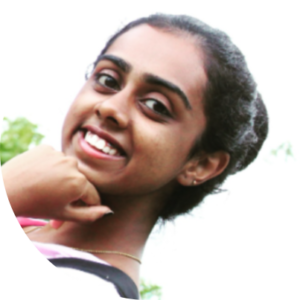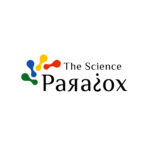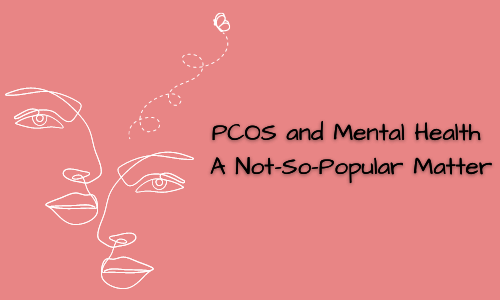Often, when we discuss PCOS, we tend to dive deep into its physical aspects, which I feel are omnipresent. When we look up PCOS on the internet or consult a gynecologist, we usually get tones of information about how PCOS affects a woman’s physical health. We rarely bring another important characteristic into the spotlight because it isn’t “visible” to others. But yes, it is there, and managing it is crucial. It is mental health. I believe you correctly guessed. It is one of humanity’s most important aspects that has been overlooked for days, months, and years, but has recently become the subject of several debates and conversations around the world. And because of the fact that it isn’t conspicuous, it makes it a daunting task to understand and manage it. It’s not impossible, but will need a significant amount of effort. Hence, here I will give you an insight into the relationship between PCOS and mental health.
In my previous two articles, I have already covered a lot of ground in terms of what PCOS is and how it affects the female body, so many of the specifics should be fresh in your minds. The mind is the most complex organ to be studied in biology. And maybe that’s why it is difficult to wrap our heads around mental health. There are n-number of factors that can affect the wiring of the brain, posing a risk to our mental well-being, and PCOS is also one of these factors.
The most common mental health disorders observed among PCOS patients include depression, anxiety, eating disorders, sleeping disorders, etc.
Depression has a significant impact on a person’s perception of the world and situations. It can cause a loss of energy and motivation to do something during the day, the development of unpleasant feelings, a lack of concentration, mood swings, difficulty managing a sleep schedule, and other symptoms. Anxiety is a fearful, tense emotion that can cause racing heartbeats, sweating, shaking, and even panic attacks. Eating disorders, especially binge-eating disorders, are usually seen in these women.

If we talk about the reasons behind developing them, they are mainly environmental factors. As we all know by now, PCOS women have high levels of androgens, or male hormones, circulating in their bodies, which can lead to hirsutism, a fancy term for male pattern hair growth. Also, most of them suffer from obesity, and at times, even exercising makes it difficult for them to manage their BMI at apt levels. And here come the standards set by society on how an ideal woman should be. Women suffering from this illness begin to lose their self-esteem as a result of these so-called beauty standards, believing they aren’t feminine enough. Many people still do not understand PCOS, which leads them to judge women who have too much body hair or are overweight. Women with PCOS find it difficult to conceive, and as a result, despair and anxiety develop.
This phenomenon is seen in developing countries, including India. According to an article released by The Print, a nationwide survey yielded very surprising results. Around 65% of women in India have been humiliated for having symptoms related to PCOS, and a large number of people, both men and women, are unaware of various aspects of the condition. Hence, it can be concluded that many women in countries like India, where the masses do not happen to have knowledge about PCOS (some may not have even heard of it), are exposed to several comments regarding their physical appearance, making them victims of mental health disorders.
Certain interesting studies have been conducted to determine the effect of intrauterine androgen exposure on neurodevelopmental outcomes in the children of mothers with PCOS. The development of the brain in a fetus is influenced by the high level of androgens in the mother’s body. One of the studies found that maternal PCOS and, eventually, androgen exposure increased the odds of Autism Spectrum Disorder in children by 59%, and the condition worsened because of obesity. A study conducted in Sweden showed an increased prevalence of Attention Deficit Hyperactivity Disorder or ADHD in children born to women with PCOS.
So, what can one do about it? Several ways have been suggested to manage the plethora of mental health issues arising from PCOS. Physical exercises have been shown to reduce the effects of mental health issues in PCOS women to some extent, because an active lifestyle does make us feel alive! Indulging in physical exercise every day will help boost confidence and also help lead a healthier lifestyle. Exercising in groups rather than alone may also assist PCOS sufferers lessen their levels of depression and anxiety. But physical exercise isn’t the only refuge. If the conditions seem too difficult to handle, there needs to be no hesitation in seeking professional help and therapy.
Plus, it is important to sensitize society about the disorder and make them realise its complexity. Because the general public is unaware of PCOS, they are unaware of various facets of the disease, which can cause distress to people who are affected. As people who are aware of its nitty gritty, it makes us responsible to educate others about the same as well. This will undoubtedly help in the open discussion of mental health, menstruation, and PCOS in society, which will eventually lead to the removal of all stigma associated with this serious condition. It will help women manage PCOS in a better way with the support of their friends and family members, develop confidence, be proud of their body, and lead a mentally healthy life!
References
a) Adebisi, O. D., Denwigwe-aggrey, B. C., Tairu, A. B., Ozoemena, N., David, J. F., & Monday, E. O. (2021). The effect of polycystic ovarian syndrome on the mental health of women of reproductive age. International Journal of Research in Medical Sciences, 9(6), 1741. https://doi.org/10.18203/2320-6012.ijrms20212245
b) Berni, T., Morgan, C., Berni, E., & Rees, A. (2017). Polycystic ovary syndrome is associated with adverse mental health and neurodevelopmental outcomes: a retrospective, observational study. Endocrine Abstracts. https://doi.org/10.1530/endoabs.50.p353
c) Conte, F., Banting, L., Teede, H. J., & Stepto, N. K. (2014). Mental Health and Physical Activity in Women with Polycystic Ovary Syndrome: A Brief Review. Sports Medicine, 45(4), 497–504. https://doi.org/10.1007/s40279-014-0291-6
d) Pr, A. (2021, September 23). 65 per cent women in India unaware of PCOS symptoms; reveals survey conducted by OZiva. ThePrint. https://theprint.in/ani-press-releases/65-per-cent-women-in-india-unaware-of-pcos-symptoms-reveals-survey-conducted-by-oziva/738722/
e) Vanky, E., Engen Hanem, L. G., & Abbott, D. H. (2019). Children born to women with polycystic ovary syndrome—short- and long-term impacts on health and development. Fertility and Sterility, 111(6), 1065–1075. https://doi.org/10.1016/j.fertnstert.2019.03.015
f) Yin, X., Ji, Y., Chan, C. L. W., & Chan, C. H. Y. (2020). The mental health of women with polycystic ovary syndrome: a systematic review and meta-analysis. Archives of Women’s Mental Health, 24(1), 11–27. https://doi.org/10.1007/s00737-020-01043-x
. . .
Writer

Sreelakshmi S Kumar
Sreelakshmi is pursuing her undergraduate course degree in Zoology from Fergusson College, Pune. The field of Immunology and Virology interests her the most. She harbors her love for science and teaching inside her, and she wishes to teach in the future. Dancing, reading and calligraphy are some of her leisure activities and she is a big foodie too!
Illustrator

Dhaval Shejwal
Dhaval is currently pursuing his bachelors in Microbiology. Both science and art are his passions. Creativity keeps him going. Scientific data visualization and communication have become the need of time and necessity, as well to break the wall between a lab and home. According to him, “Art is a beautiful reflection of Science, there is art in science and science in art”.

